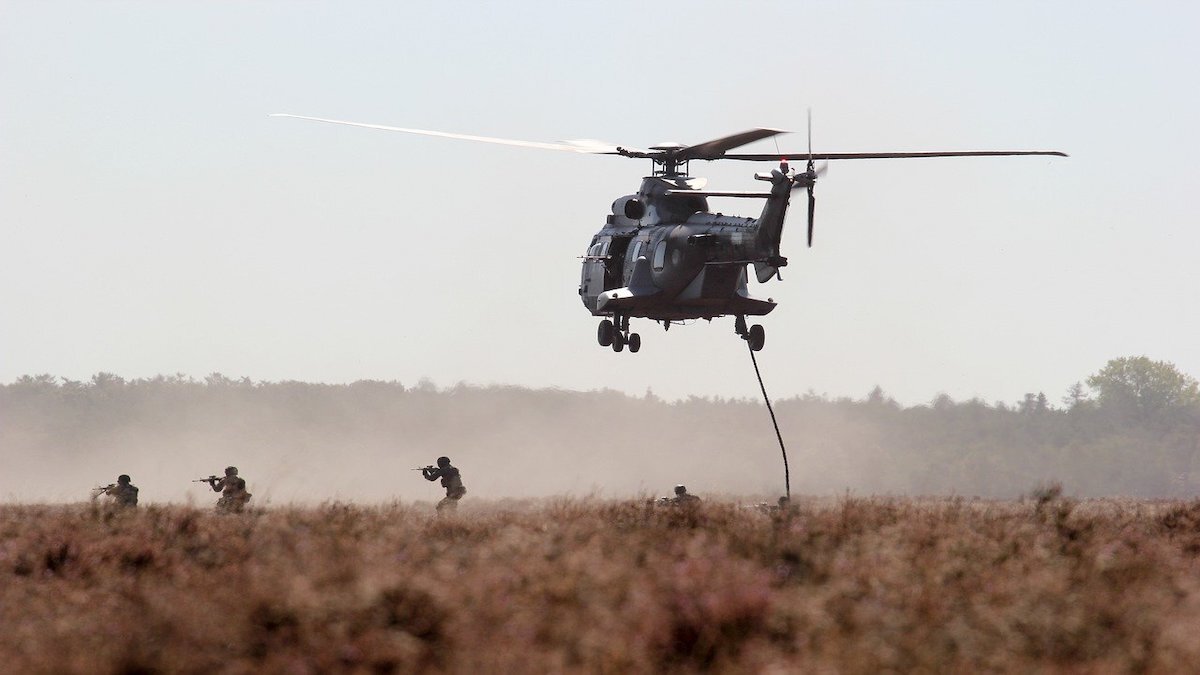As the Taliban continues to control the majority of Afghanistan and claims control of the government, the Biden administration is working to prevent the radical Islamist group’s assertion that it is the legitimate governing body. The goal is to Afghanistan from accessing billions of dollars from the World Bank and International Monetary Fund.
An administration official said in a statement, “Any Central Bank assets the Afghan government have in the United States will not be made available to the Taliban.”
The Afghanistan central bank held $9.4 billion in reserve assets as of April, according to the International Monetary Fund. The World Bank provides approximately $3 billion annually to Afghanistan through the Afghanistan Reconstruction Trust Fund. More than half of Afghanistan's $5 billion yearly budget is aid from abroad.
"The Taliban have counted on the Afghan opium trade as one of their main sources of income," Cesar Gudes, the head of the Kabul office of the U.N. Office of Drugs and Crime (UNODC), told Reuters. "More production brings drugs with a cheaper and more attractive price, and therefore a wider accessibility."
Afghanistan is the world's biggest illegal opiate supplier; estimates pin Afghanistan opium and heroin at 80% of global supply. United Nations officials estimate that Afghanistan made more than $400 million between 2018 and 2019 from their drug trade.
Three of the last four years have seen some of Afghanistan's highest levels of opium production, according to the UNODC. Even as the COVID-19 pandemic raged, poppy cultivation soared 37% last year, it reported in May.
Of the 2.94 lakh hectare of illicit opium poppy cultivated globally in 2020, some 2.24 lakh hectare was in Afghanistan. This is 80% higher than what it was a decade earlier. In 2020, the area under opium poppy cultivation increased by 37% to reach the third highest level ever reported in Afghanistan.
"We've stood by on the sidelines and, unfortunately, allowed the Taliban to become probably the largest funded non-designated terrorist organization on the globe," said a U.S. official with knowledge of Afghanistan's drug trade.
With 47 miles of shared border with Afghanistan, China seems willing to accept the Taliban as a new governing force. Foreign Ministry spokesperson Hua Chunying received assurances from the Taliban that they “will never allow any forces to use Afghan territory to do things that endanger China.” China is concerned that Uyghur led terrorist groups will attack and incite violence in the Xinjian province.
Just last month, China’s Foreign Minister Wang Yi met with a delegation led by the head of the Afghan Taliban political committee Mullah Abdul Ghani Baradar.
"The Taliban have repeatedly expressed their hope to develop good relations with China, and that they look forward to China's participation in the reconstruction and development of Afghanistan," Chunying told reporters. "We welcome this. China respects the right of the Afghan people to independently determine their own destiny and is willing to continue to develop... friendly and cooperative relations with Afghanistan."
While China, an empire that has never waged war in Afghanistan, does not have a direct economic relationship with Afghanistan, it does have the China-Pakistan Economic Corridor. And Pakistan has long been an ally of the Taliban.
According to reporting by The Diplomat, “China’s growing ambition to expand across Central Asia through the Belt and Road Initiative, and given the close ties between the Afghan Taliban and Pakistan, China hopes that it will be able to extend CPEC to Afghanistan, from which it can obtain considerable mineral resources.”
While China may be looking to profiting from the mineral-rich land in Afghanistan under new rule, the Biden administration needed no new power to freeze financial resources. Many are expressing concerns that blocking Taliban access to funds has the potential to deny Afghan citizens access to badly needed aid funds. The World Bank provides approximately $3 billion annually to Afghanistan through the Afghanistan Reconstruction Trust Fund. More than half of Afghanistan's $5 billion yearly budget is aid from abroad. Combined with fears of the militant group seeking retribution on former Afghan interpreters and how Shria rule will affect women in the country are worries about the overall population being able to meet basic needs with lack of financial assistance.
“Of course, it’s dangerous,” said Ian Bremmer, president and founder of Eurasia Group, a consulting firm, about restrictions on the Afghan economy. “You’ll see a lot more refugees on the back of this, a lot more radicalism on the back of this. But, on the other hand, [the Afghan government] will not be able to control this country for a very long period of time. I can’t see us spending money on the Taliban.”

